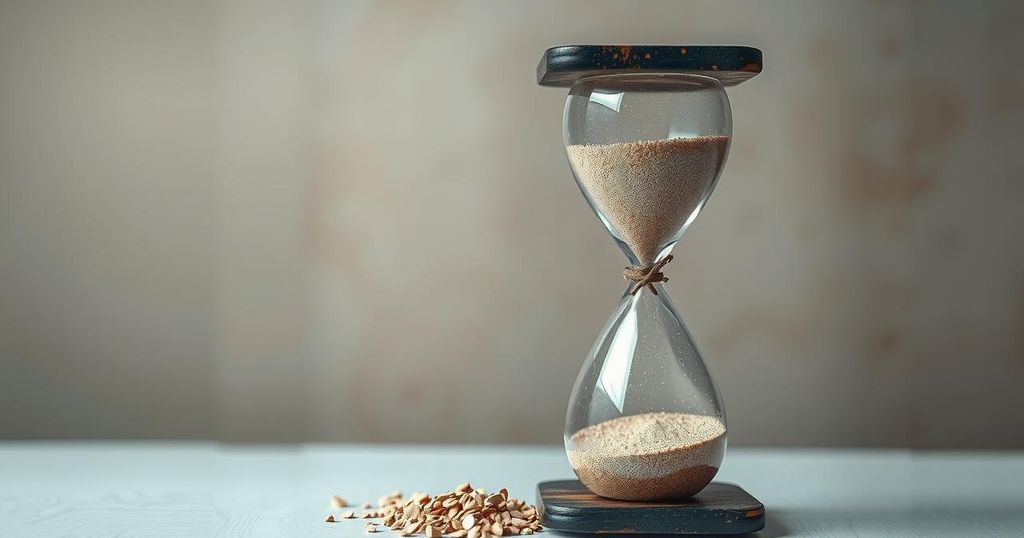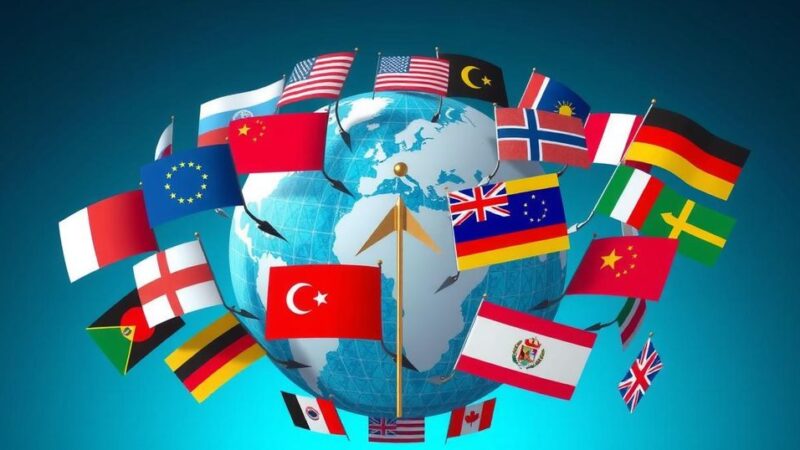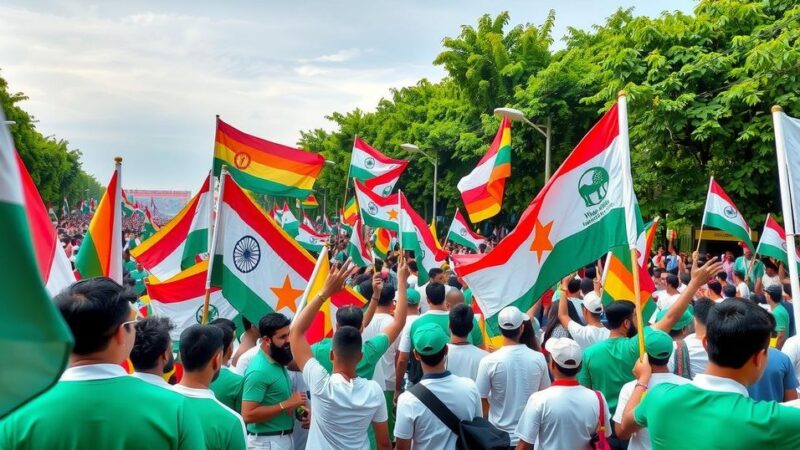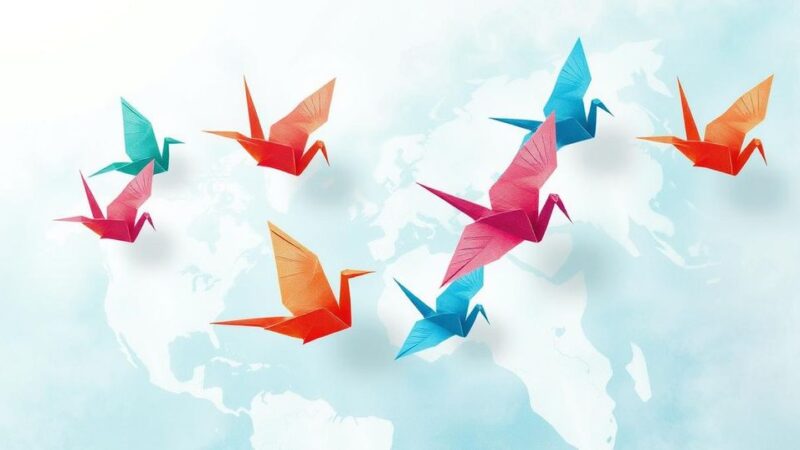Pope Francis is currently hospitalized due to double pneumonia and faced past allegations related to Argentina’s ‘Dirty War.’ Accusations include complicity in the arrests of Jesuit priests during the military regime. Despite these claims, the Vatican has defended the Pope’s innocence, and he continues to advocate for social issues during his papacy.
As Pope Francis’ health remains critical, the Vatican reported on February 28, 2025, that he experienced an isolated coughing fit leading to inhalation of vomit, necessitating non-invasive mechanical ventilation. The 88-year-old pontiff has been battling double pneumonia and has been under care at Rome’s Gemelli hospital since February 14. Medical professionals have categorized his prognosis as guarded, requiring 24-48 hours for further evaluation, while assuring that he has remained conscious and cooperative throughout his treatment.
Since his election in 2013, Pope Francis has garnered a following beyond Catholicism through his vocal advocacy for social issues such as gender equality, immigration, and inclusiveness for atheists. Nonetheless, his early papacy faced scrutiny regarding his past actions during Argentina’s ‘Dirty War’—a military regime’s campaign that led to the forced disappearance of thousands from 1976 to 1983, targeting anyone deemed a dissenter.
The ‘Dirty War’ was marked by the military junta’s brutal crackdown against opponents, resulting in the deaths of an estimated 10,000 to 30,000 individuals, including students and activists. Authorities instituted the Process of National Reorganization, creating over 300 secret detention centers where detainees suffered torture and even execution. Public awareness grew with the efforts of the Mothers of the Plaza de Mayo, whose vigils in the 1980s highlighted the plight of the disappeared.
Upon his election, Pope Francis faced serious allegations that he facilitated the arrests of two Jesuit priests, Orlando Yorio and Francisco Jalics, by not endorsing their social work in slums notorious for leftist activity. Both priests were detained and tortured under the regime. While Yorio’s family claimed that Bergoglio’s actions led directly to his arrest, Jalics stated he had reconciled with the past, absolving the Pope from blame.
Despite the allegations, the Vatican has denied any wrongdoing by Pope Francis, emphasizing that he cooperated with judicial inquiries regarding the military regime, producing no evidence against him. His relationship with Argentina’s former President Cristina Fernandez de Kirchner was stormy, marked by political accusations on both sides, further complicating public perceptions of his role during the dictatorship.
On April 29, 2023, Pope Francis responded to these accusations during a conversation with Jesuits in Hungary, stating, “The situation (during the dictatorship) was really very confused and uncertain. Then the legend developed that I had handed them over to be imprisoned”. He described the political threats he faced and proclaimed, “in the end my innocence was established” regarding the allegations of complicity.
Pope Francis’ health remains a concern as he faces critical treatment for pneumonia, while his previous involvement during Argentina’s ‘Dirty War’ continues to attract scrutiny. Despite allegations of complicity, he maintains innocence amid complex political tensions with the former president of Argentina. His papacy highlights a struggle between social advocacy and the shadows of historical actions, navigating both support and skepticism from various communities.
Original Source: www.thehindu.com






